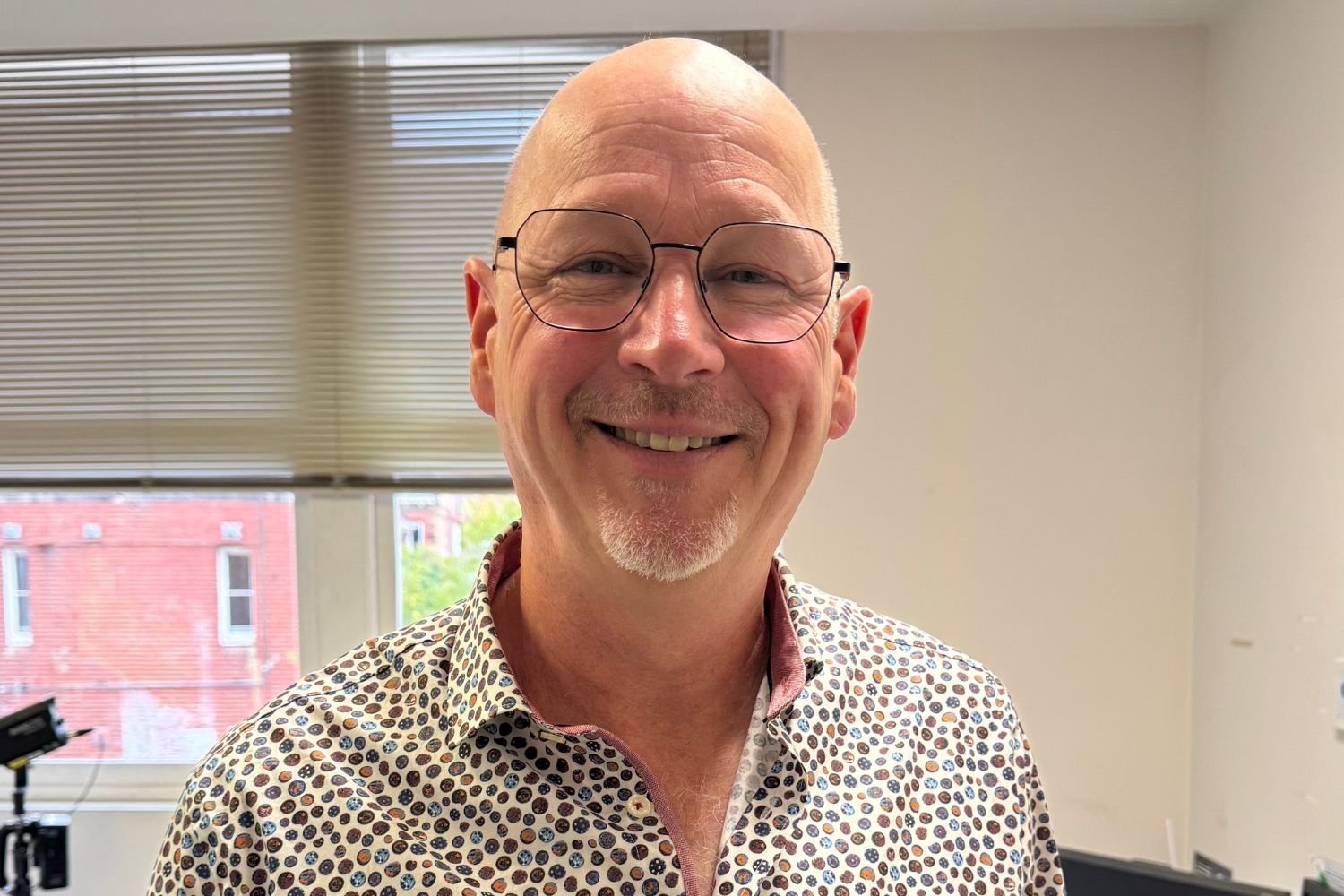Lifesaving breakthrough for leukaemia patients
Leukaemia patients who undergo stem cell transplants may now be three times more likely to be cancer-free and avoid deadly complications post-procedure, thanks to a clinical trial led by clinicians at The Alfred.
Blood stem cell transplants are often lifesaving for leukaemia patients, but can be high risk, especially in the first year after transplant.
Professor David Curtis, from the Australian Centre for Blood Diseases at Monash Translational Medicine and transplant physician at Alfred Health, with colleague Dr Sush Patil, led a five-year study in partnership with the Australasian Leukaemia & Lymphoma Group (ALLG) on more than 100 leukaemia patients who received blood stem cell transplants.
The breakthrough, which has changed 40 years of standard practice, significantly, reduces the risk of Graft Versus Host Disease and death, says Prof David Curtis.
“These results are game-changing for stem cell transplant patients, offering a new standard of care for prevention of GVHD for patients with aggressive blood cancers undergoing transplant from a matched related blood stem cell donor,” said Prof Curtis.
“The trial showed the new treatment combination is simple, safe and more effective than current methods in preventing GVHD, which contributes to death or life-long illness in 20 per cent of patients undergoing a blood stem cell transplant.”
Trial participant Stephanie, 27, was first diagnosed with leukaemia when she was 14, and experienced a range of serious side effects from her three years of treatment and daily hospital visits, which she says she never wanted to re-live.
“When I was diagnosed again at 22 and told I needed a stem cell transplant, my mind went straight to the complications you hear of, and how serious and potentially deadly Graft Versus Host Disease can be.”
Signing up for the clinical trial proved life changing for Stephanie, as, five years on, she has shown no sign of any complications.
“When they offered the trial to me, I said yes straight away, because there was no risk. I knew it wouldn’t make anything worse, but there was a chance it would make things so much better.”
“Now I’m working full time, my partner and I just bought a house, we’re about to get married and I’m happy and healthy,” Stephanie said.
The trial was funded by the Australian Government’s Medical Research Future Fund, the Cancer Society of New Zealand and the Auckland Medical Research Fund, and was sponsored by the Australasian Leukaemia and Lymphoma Group, a local not-for-profit blood cancer clinical trial research group.

